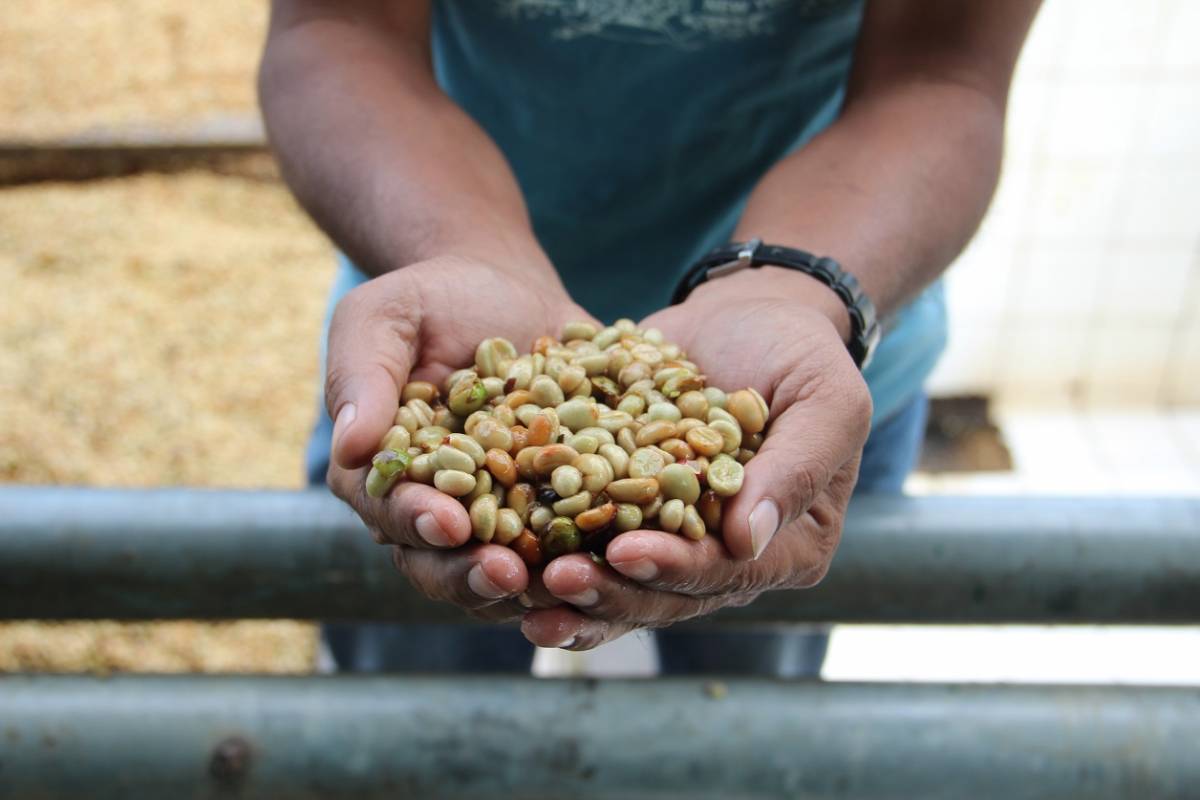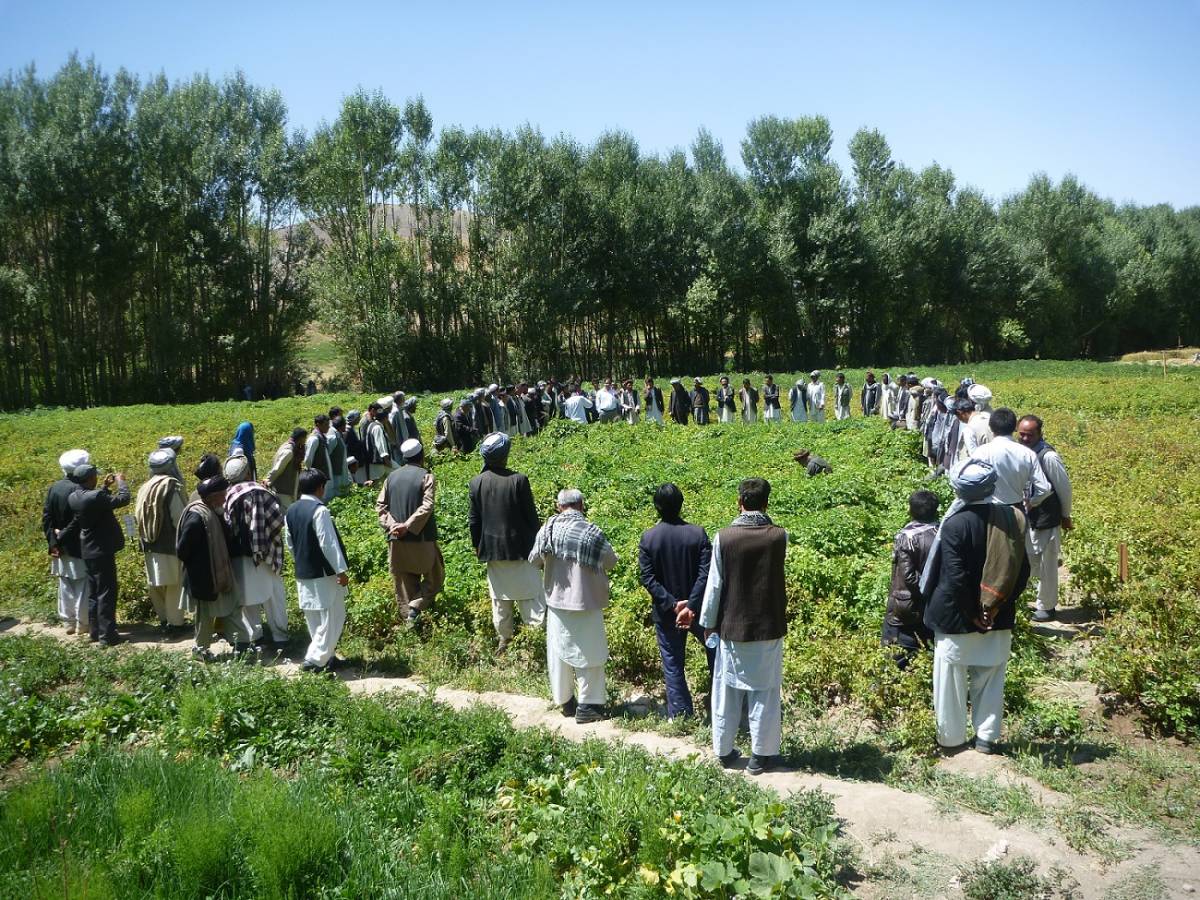
Delivering measurable results is a vital part of effective development.
‘Managing for results’ contributes to quality decisions and ensures accountability and transparency for all development activities. This means we:
- place results and their achievement at the centre of all our international development efforts
- focus on results at every stage within a programme or activity’s lifecycle – from planning and implementation to completion and transition
- use evidence of performance and results to strengthen decision-making, make improvements, and account for the money we invest.
Performance system

Our performance system draws together all the mechanisms we use to ensure we deliver the outcomes we seek from our development investments. It's made up of policy setting, planning, monitoring, reporting and evaluation. It applies to all levels of our work from individual development projects through to the New Zealand International Cooperation Programme as a whole.
All our activities are monitored while they're being implemented so we can see how they're tracking towards the intended outcomes. We also use evaluation to provide independent evidence of results and understand why these changes are occurring. These sources of information allow us to adjust what we are doing in order to deliver better results, and improve designs of future programmes and activities. They also help us to balance risk with innovation.

